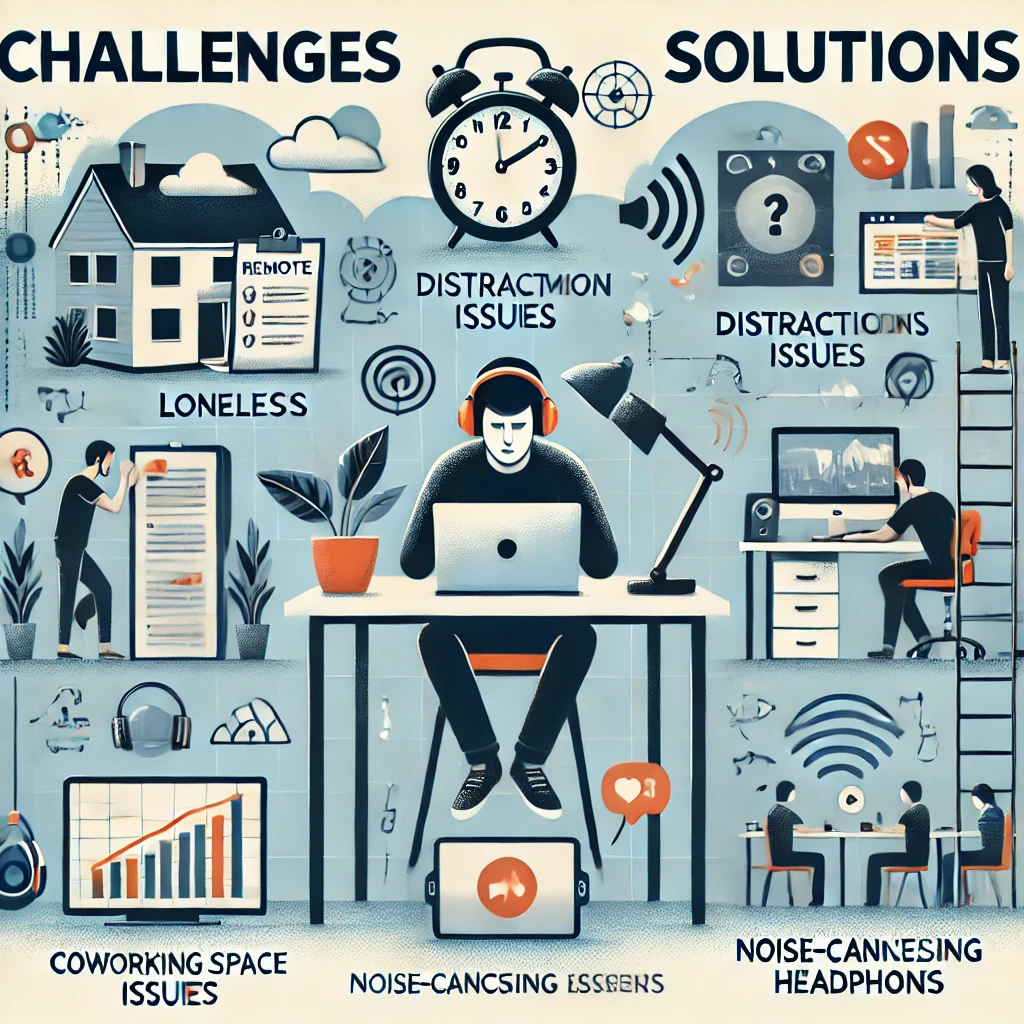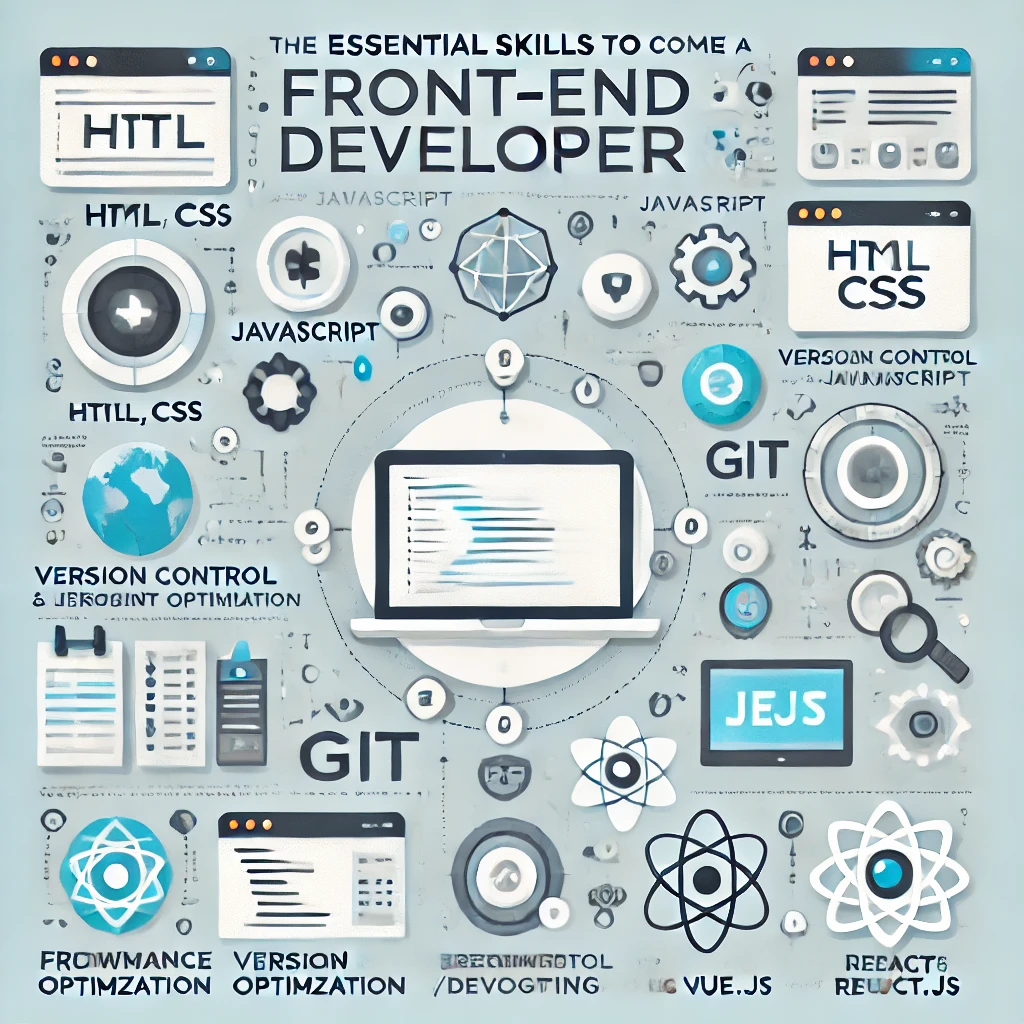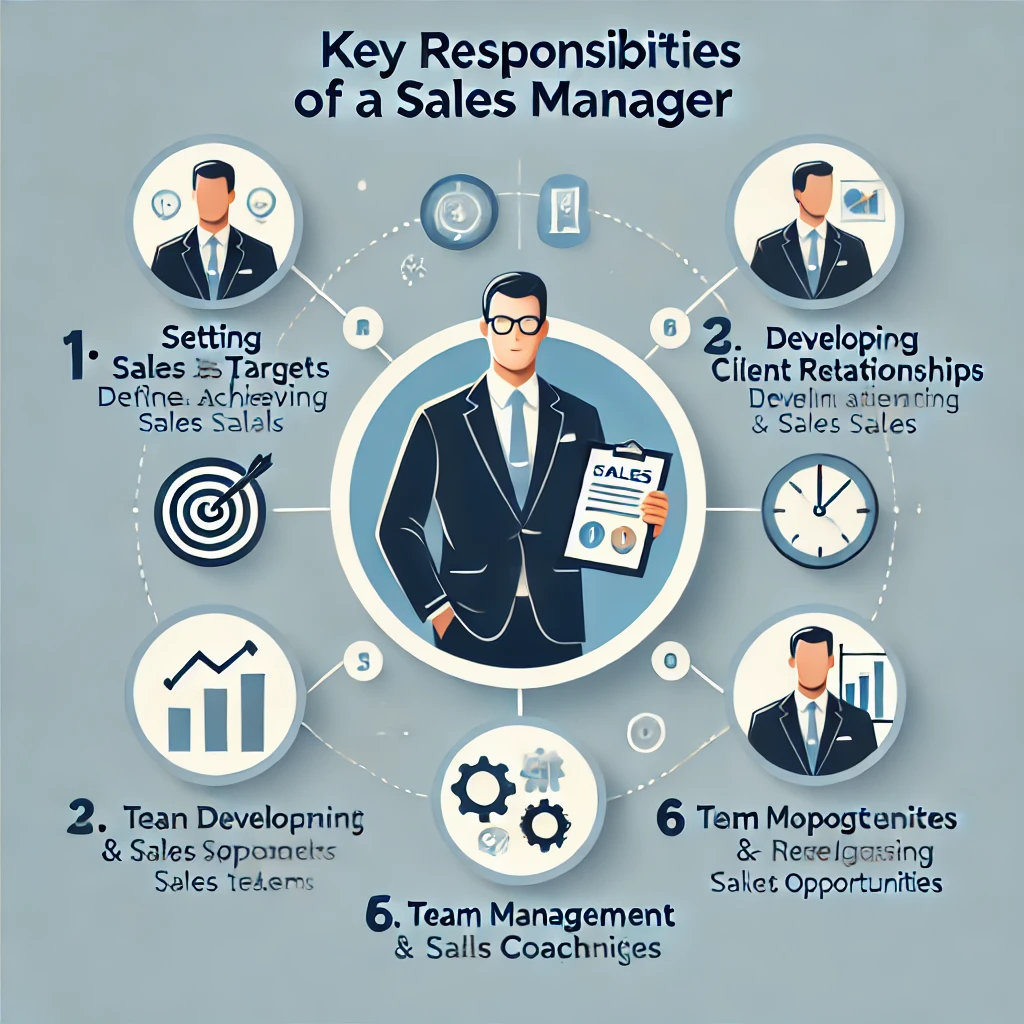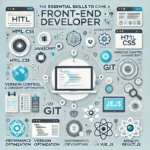9 Essential Skills a Recruiter Should Possess- Recruitment is the process of attracting, selecting, and hiring the best candidates for a job position. It involves identifying talent, evaluating skills, and ensuring the right fit between the candidate and the company.
A strong recruitment process is structured, strategic, and efficient. It helps businesses find top talent, reduce hiring costs, and build a workforce that contributes to long-term success.
9 Essential Skills a Recruiter Should Possess

Reason For Effective Recruitment Strategies.
A company’s success depends on its people. Hiring the right employees ensures business growth, improves productivity, and strengthens company culture. However, recruitment can be challenging without a structured approach.
A weak recruitment process can lead to several problems:
- High employee turnover – Hiring the wrong person often results in early resignations or terminations, increasing hiring costs.
- Wasted time and resources – Without clear strategies, HR teams spend too much time reviewing resumes, conducting interviews, and making decisions.
- Low productivity and poor performance – If employees are not a good fit, they struggle to meet job expectations, affecting the entire team.
- Negative employer reputation – A bad recruitment process discourages top talent from applying. Candidates share negative experiences on job review platforms, making future hiring more difficult.
On the other hand, effective recruitment strategies bring many benefits:
- Attracting high-quality candidates – A structured hiring process ensures that only the best applicants move forward.
- Reducing hiring costs – Streamlined recruitment saves money spent on job ads, interviews, and training replacements.
- Filling positions faster – With clear strategies, companies avoid long vacancies that slow down operations.
- Enhancing employee retention – Hiring the right person leads to job satisfaction and long-term commitment.
- Strengthening employer branding: A well-organized recruitment process improves a company’s image, making it more attractive to job seekers.
Responsibilities and Skills of a Recruiter.
Recruiters play a crucial role in helping companies find and hire the right employees. Their job is to ensure that companies have skilled and qualified workers who can contribute to business success. A strong recruitment process helps businesses grow, reduces employee turnover, and improves productivity. To achieve this, recruiters have several important responsibilities and must develop key skills to perform their job effectively.
1. Understanding Hiring Needs.
Before starting the recruitment process, recruiters must understand what the company needs. They work closely with hiring managers to:
- Identify the skills, experience, and qualifications required for the job.
- Define job responsibilities and expectations.
- Determine the best methods to attract the right candidates.
A clear understanding of the role helps recruiters find the best person for the job.
2. Sourcing Candidates.
Finding the right candidates is one of the most important parts of recruitment. Recruiters use different methods to search for potential employees, such as:
- Posting job openings on job boards, career websites, and social media platforms.
- Searching for candidates on LinkedIn and professional networks.
- Contacting previous applicants and passive job seekers (people who are not actively looking for a job but may be interested).
- Encouraging current employees to refer candidates they know.
The more sources recruiters use, the better their chances of finding qualified candidates.
3. Screening and Interviewing.
Candidates Once candidates apply, recruiters must review their applications to decide who should move forward in the hiring process. This involves:
- Reading resumes and cover letters to check if candidates meet the job requirements.
- Conducting phone or video screenings to ask basic questions about their experience, skills, and expectations.
- Scheduling and conducting in-depth interviews to assess the candidate’s abilities and personality.
Recruiters look for candidates who not only have the right skills but also fit well with the company’s culture.
4. Coordinating the Hiring Process.
Recruiters act as the link between job candidates and the company. They ensure that the hiring process is well-organized by:
- Scheduling interviews between candidates and hiring managers.
- Providing feedback to candidates after each stage of the process.
- Keeping candidates updated on their application status.
Good communication and organization help create a positive experience for both the company and the candidate.
5. Making Job Offers and Negotiating Salaries.
After selecting the best candidate, the recruiter makes a job offer. This includes:
- Discuss salary, benefits, and job responsibilities with the candidate.
- Negotiating salary and work conditions to meet both the company’s budget and the candidate’s expectations.
- Ensuring all paperwork is completed, such as employment contracts and background checks.
He/She must be skilled at negotiation to ensure that both the company and the candidate are satisfied with the offer.
6. Onboarding New Employees.
The recruiter’s job doesn’t end once a candidate accepts the offer. They also help new employees adjust to the company by:
- Introducing them to company policies, culture, and expectations.
- Ensuring they receive proper training and guidance.
- Helping them feel comfortable in their new role.
A smooth onboarding process improves employee retention and job satisfaction.
RELATED BLOG: 7 Common Mistakes to Avoid in a Job Interview
Essential Skills a Recruiter Should Possess.
To perform their responsibilities effectively, recruiters need skills that help them find the best candidates and manage the hiring process successfully. A recruiter’s job is not just about filling job positions. It requires understanding people, analyzing data, and making decisions that benefit both the company and the candidates. Below are the most important skills every recruiter should have.
1. Communication Skills.
A recruiter must be a strong communicator. Their job involves talking to candidates, hiring managers, and company leaders every day. They must explain job details clearly, ask the right questions, and provide feedback at every stage of the hiring process. Good communication skills help recruiters:
- Write clear job descriptions that attract the right candidates.
- Conduct effective interviews by asking the right questions.
- Provide feedback to candidates about their applications.
- Negotiate salaries and job offers in a professional manner.
- Keep hiring managers informed about the progress of recruitment.
They must also listen carefully. Candidates feel more comfortable when recruiters listen to their concerns, career goals, and salary expectations. Strong communication creates a positive hiring experience and improves the company’s reputation.
2. People Skills.
Recruiters work with people all day. They meet candidates from different backgrounds, industries, and experiences. They also interact with company leaders and hiring managers. To succeed in recruitment, a recruiter must build good relationships with everyone they work with. Good people skills helps:
- Make candidates feel comfortable during interviews.
- Build trust with hiring managers and company leaders.
- Create a positive impression of the company for job seekers.
- Understand candidates’ motivations and career goals to match them with the right job.
They must be friendly, patient, and approachable. A candidate is more likely to accept a job offer if they feel valued and respected during the hiring process.
3. Analytical Thinking.
Recruitment is not just about reading resumes and conducting interviews. A recruiter must analyze information and make smart hiring decisions. Analytical skills help recruiters:
- Compare resumes and job applications to find the best candidates.
- Evaluate interview answers to assess a candidate’s strengths and weaknesses.
- Predict hiring challenges and find ways to solve them.
- Use recruitment data to improve hiring decisions.
For example, if many candidates reject job offers, a recruiter must analyze the reasons. Are the salaries too low? Is the hiring process too slow? By studying data and trends, recruiters can improve their recruitment strategies.
4. Negotiation Skills.
Recruiters often need to negotiate job offers with candidates. Many job seekers want higher salaries, better benefits, or flexible working conditions. A recruiter must balance the needs of the company and the expectations of the candidate. Strong negotiation skills help recruiters:
- Offer fair and competitive salaries that attract top talent.
- Explain company benefits to make the job offer more attractive.
- Convince candidates to accept job offers.
- Handle counteroffers if candidates receive multiple job offers.
Good recruiters know how to present a job offer in the best way so that candidates see the value of working for the company.
5. Time Management.
Recruiters often work on multiple job openings at the same time. Some roles need to be filled quickly, while others require a long and careful hiring process. A recruiter must prioritize tasks and manage their time well. Time management skills helps:
- Schedule interviews efficiently so the hiring process moves quickly.
- Respond to candidates and hiring managers on time to keep everyone updated.
- Avoid delays in hiring, which can cause businesses to lose top talent.
A well-organized person can fill positions faster and keep the hiring process smooth.
6. Tech Savviness.
Modern recruitment relies on technology. Recruiters must know how to use recruitment software, online job platforms, and data tools to find and manage candidates efficiently. Tech-savvy recruiters use:
- Applicant Tracking Systems (ATS) to sort and manage job applications.
- LinkedIn, Indeed, and Glassdoor to search for candidates.
- AI-powered hiring tools to screen resumes quickly.
Technology helps recruiters save time, stay organized, and find the best talent efficiently. A recruiter who understands modern tools can hire candidates faster and more effectively.
7. Problem-Solving Skills.
Recruitment comes with many challenges. Sometimes, the right candidates are hard to find. Other times, hiring managers and candidates have different expectations. A recruiter must think creatively and find solutions to these problems. Problem-solving skills help recruiters:
- Adjust hiring strategies if job ads do not attract good candidates.
- Find alternative solutions if a candidate rejects a job offer.
- Handle difficult hiring situations like salary disagreements or long hiring processes.
he must stay flexible and find ways to overcome hiring obstacles.
8. Decision-Making Skills.
They make important decisions every day. They decide which candidates to shortlist, who to interview, and who to recommend for a job. These decisions affect the success of the company. Good decision-making skills help recruiters:
- Choose the best candidates for the job.
- Avoid hiring mistakes that lead to employee turnover.
- Help companies build strong teams by selecting the right talent.
They must be confident in their choices and use data, experience, and intuition to make the best hiring decisions.
9. Adaptability.
The job market changes constantly. New industries, technologies, and work trends affect how companies hire employees. A good recruiter must stay updated on recruitment trends and be willing to adapt. Being adaptable helps :
- Learn new recruitment strategies to attract top talent.
- Use new hiring tools and technology to make the process faster.
- Adjust hiring approaches based on company needs and industry trends.
For example, remote work has become more common, and companies now hire employees from different locations. A person who understands this trend can adjust their hiring strategies to attract remote workers.
RELATED BLOG: Best Ways to Find a Remote Gig
Top Effective Recruitment Strategies.
Recruitment is more than just posting job openings. To attract the best talent, companies need effective hiring strategies that streamline the process and bring in qualified candidates.
1. Build a Strong Employer Brand.
A company’s reputation affects its ability to attract top talent. Showcasing workplace culture, employee experiences, and career growth opportunities on social media and job platforms makes the company more appealing to job seekers.
2. Use Social Media and Job Platforms.
They can reach a wider audience by using LinkedIn, Twitter, and Facebook to post job openings and engage with potential candidates. LinkedIn Recruiter is a powerful tool for finding top talent.
3. Implement Employee Referral Programs.
Current employees can help find quality candidates. Companies can encourage referrals by offering bonuses or other incentives. Referrals speed up hiring and improve employee retention.
4. Leverage AI and Recruitment Technology.
Applicant Tracking Systems (ATS) and AI-powered tools help screen resumes, track candidates, and schedule interviews, making recruitment faster and more efficient.
5. Improve Candidate Experience.
A smooth hiring process leaves a good impression. Recruiters should respond quickly, provide feedback, and keep candidates informed throughout the process to enhance the company’s reputation.
6. Use Data for Hiring Decisions.
Tracking key metrics like time to hire and cost per hire helps recruiters improve their processes. Data-driven decisions lead to better hires and fewer recruitment mistakes.
7. Focus on Culture Fit and Diversity.
Hiring candidates who align with company values improves teamwork and retention. At the same time, diversity in hiring brings fresh ideas and innovation.
8. Offer Competitive Compensation and Benefits.
Good salaries, benefits, and work-life balance attract top talent, and career growth opportunities also encourage employees to stay long-term.
Conclusion.
Effective recruitment strategies are essential for building a strong and productive workforce. A well-planned hiring process helps companies attract top talent, reduce hiring costs, and improve employee retention.












